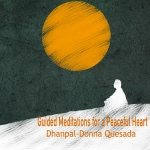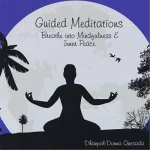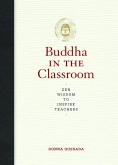We are two weeks into the spring semester, and I have a brand new group of students, 105 of them, to be exact. I told them this class wasn’t going to be like their other classes, before inviting them to inwardly survey their posture.
After the inevitable adjustments and repositioning, we took a deep breath and together we sighed away our collective morning hassles. The traffic, the parking, the rush, and any trace of resistance that may have surfaced along the way. After talking about the shift that naturally follows that first round of conscious breathing, some students offered to share their experiences. One said that it brought him into a heightened state of awareness.
Exactly! Because the mind follows the breath.
Another student asked, without one ounce of sarcasm, what is so great about being here, now, when most everything sucks. A wonderful question.
I’m not sure why, but I thought of Christopher Reeve. I asked my students why it was that some people, who have problems much bigger than our own, are able to live in peace. In Reeve’s case, the tragedy he endured trumps the minor inconveniences most of us face on a daily basis, the trivialities that send us into fits of rage. Yet, he lived the rest of his life working on behalf of others with spinal cord injuries. Although he faced his shortened life as a quadriplegic, he lived it with a renewed spirit of gratitude and purpose.
Why is it that the rest of us are so easily upset and indignant over the most minor inconveniences? I pressed.
Some people see things differently, one insightful student offered.
Exactly!
Because everything is perception. And so, despite our universal hardships, some will suffer more than others, not because of the actual events, but because of our interpretations of these events.
It’s what the yogis and the mystics and all sages and masters have been saying for ages–look around and see into your own mind.











